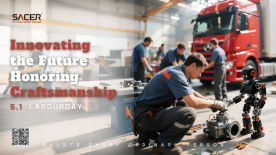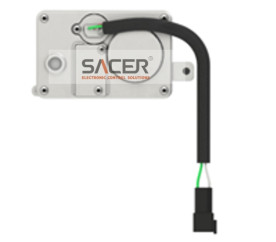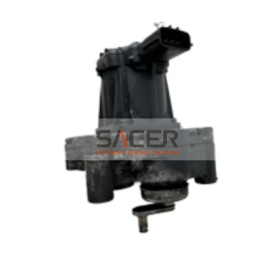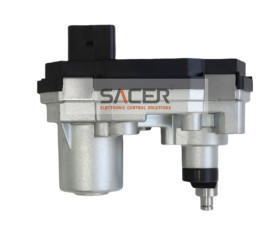Toyota suspends production at all 14 plants in Japan
On August 29, Toyota halted operations at 12 factories producing Toyota and Lexus vehicles. Later that day, the remaining two factories followed suit, resulting in a complete production halt for all 14 factories in Japan. This was due to a system failure preventing parts order processing. The cause is currently being investigated, though Toyota ruled out a cyber attack as the initial reason. Toyota plans to fully resume production on August 30.
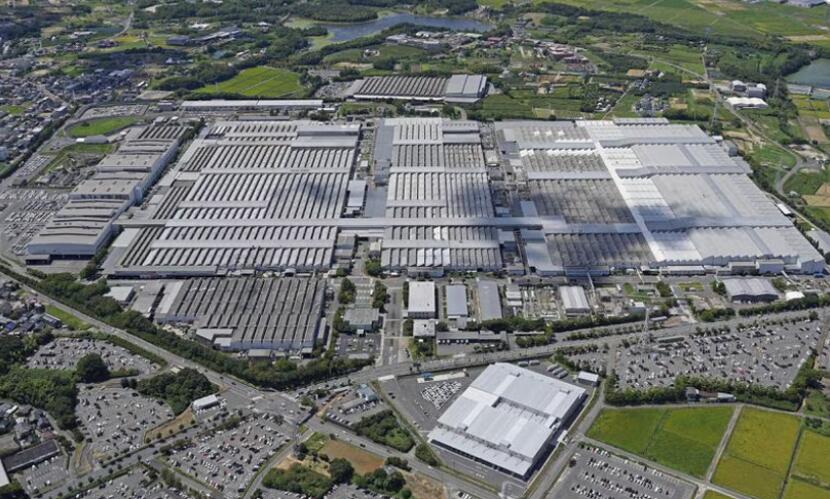
BYD completed the largest merger and acquisition in history, and its gross profit margin exceeded Tesla in the first half of the year
On August 28, BYD announced its subsidiary, BYD Electronics, will acquire Jabil Singapore's product manufacturing business in Chengdu and Wuxi for about RMB 15.8 billion (approximately US$2.2 billion) in cash, including customer parts. This move aims to enhance BYD's smartphone parts sector and improve its electronics customer base and product structure. This acquisition is BYD's biggest in history, as per WIND data.
Notably, BYD's H1 2023 report, released on August 28, revealed impressive results. With revenue surpassing 260 billion, net profit surged by over 200%, and the gross profit margin even outperformed Tesla.
Xiaopeng acquires Didi's auto business for HK$5.8 billion
On August 28, Xpeng Motors announced a strategic partnership with Didi to accelerate EV and technology progress, driving Xpeng into a multi-brand strategy. Their first joint project, an A-class smart EV "MONA," is set for mass production in 2024.
This alliance involves Xpeng issuing 3.25% Class A shares post-transaction, obtaining Didi's EV assets and R&D capabilities. Didi will become a strategic Xpeng shareholder post-deal, with a 24-month lock-up for initial shares. The agreement, signed on August 27, values the deal at about HK$5.835 billion (RMB 5.4 billion).
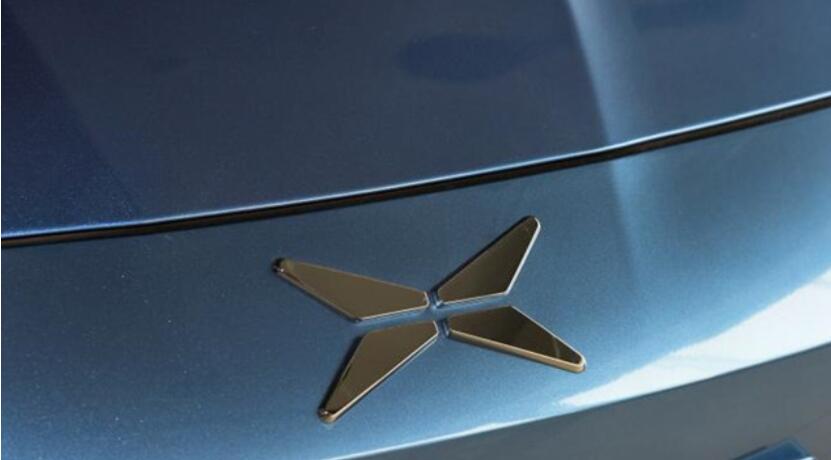
Xpeng Motors is the first car company to secure full support from the Didi ecosystem. They're embarking on extensive, mutually beneficial cooperation across various domains. This includes selling Xpeng models on Didi's platform, joint operations, branding, financial services, charging infrastructure, Robotaxi projects, and global market expansion.
Stellantis may consider cooperation with Leap Motor
Stellantis, Europe's second-largest automaker, is considering a partnership with a Chinese electric vehicle company to bolster its position in the world's largest auto market, as reported by Bloomberg. They've explored collaborations with Chinese EV manufacturers like Zhejiang Leapao Technology Co., Ltd. Stellantis is reviewing options, including investment in a local Chinese EV company or forming a business alliance to boost their presence in China. The discussions continue, with no final decision reached yet.
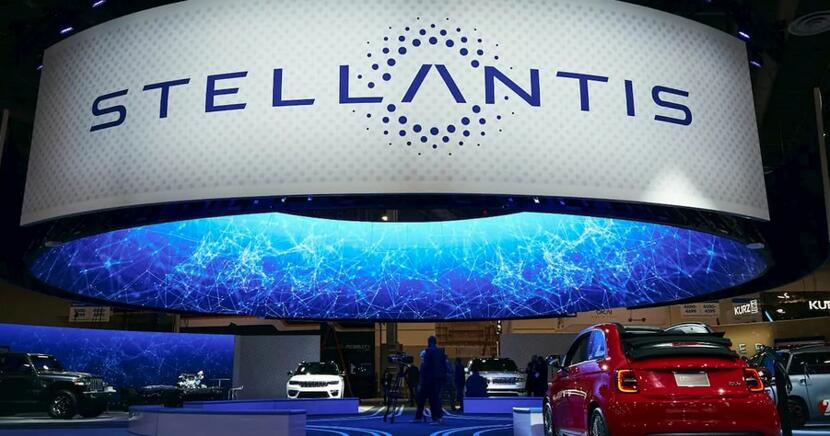
Xiaomi car has obtained the car manufacturing qualification?
Rumors imply that Xiaomi acquired car manufacturing qualifications and production approval from China's national planning department, but Xiaomi hasn't confirmed. Following this, Xiaomi's Auto Factory started recruiting workers for roles like painting operators and battery workshop operators.
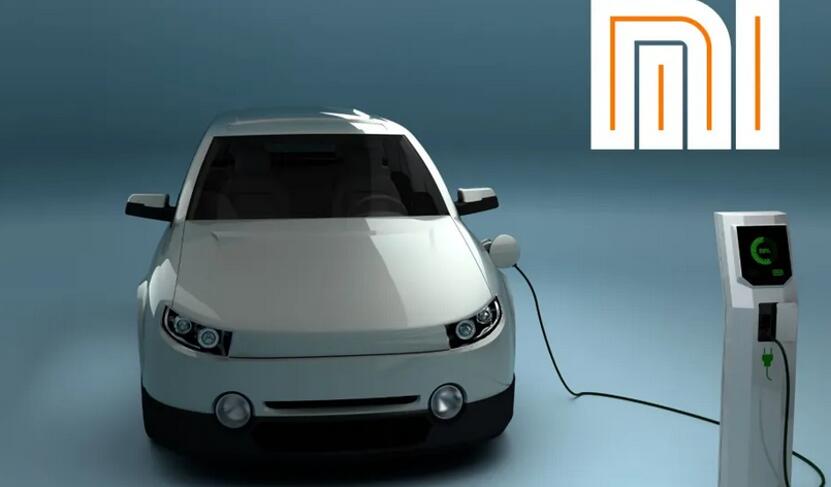
Xiaomi's President, Lu Weibing, previously mentioned their car manufacturing project's rapid progress. Summer and winter testing are scheduled for this year. The latest update identifies China New Aviation (formerly AVIC Lithium Battery) and CATL as Xiaomi Auto's battery suppliers. Xiaomi aims to begin car mass production by H1 2024, a goal Lei Jun reiterated in March, citing successful winter testing that surpassed expectations.






